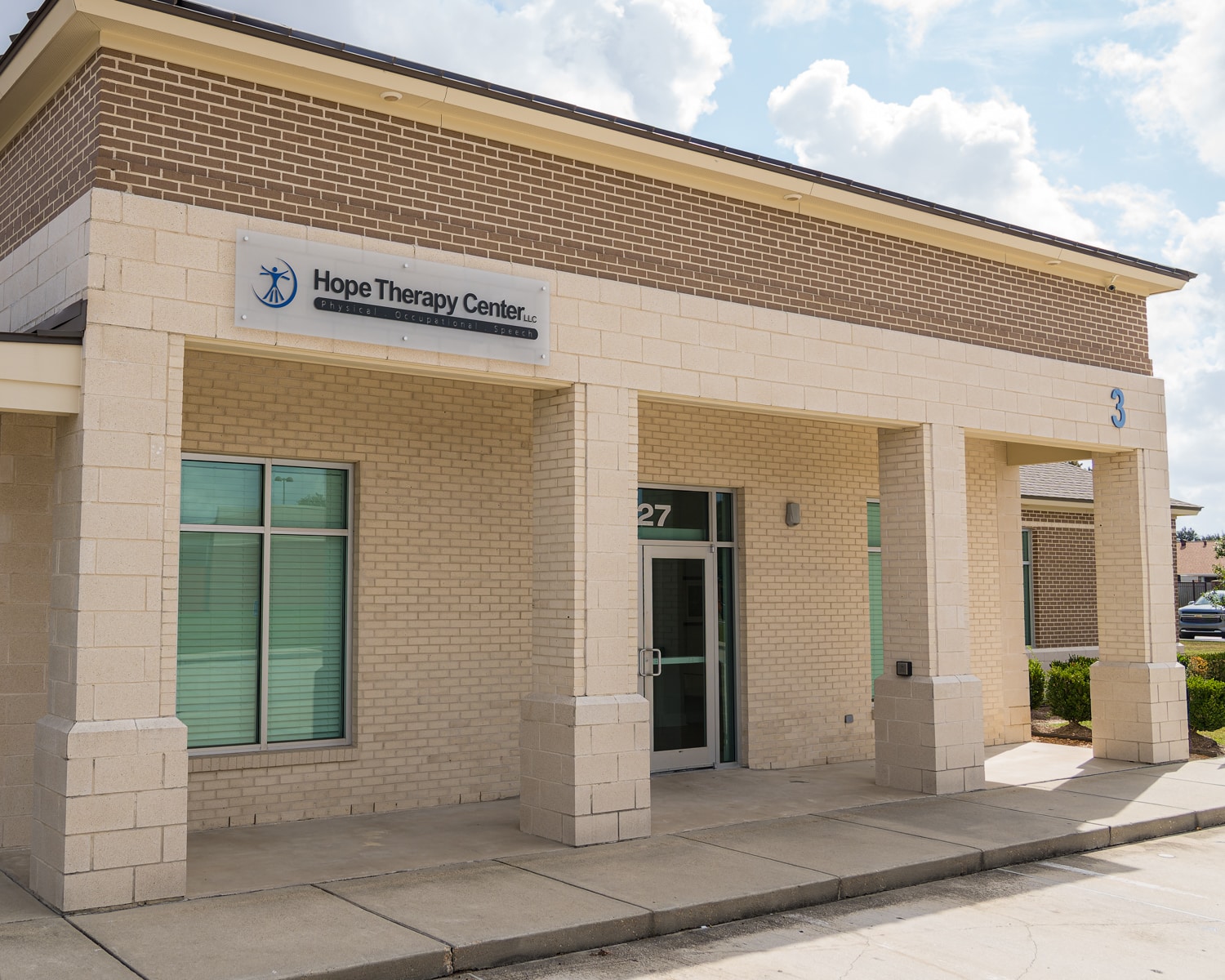Orofacial Myofunctional Disorders (OMDs) are disorders of the muscles and functions of the face and mouth. They may affect, among other things, facial skeletal growth and development, chewing, swallowing, speech, occlusion, oral hygiene, stability of orthodontic treatment, facial aesthetics, and more.
OMDs can manifest as a variety of patterns and behaviors. Some common examples include thumb or finger sucking, tongue thrusting, cheek biting, and the use of pacifiers beyond the age typically considered developmentally appropriate. These behaviors can interfere with the normal growth and development of the muscles and bones in the face and mouth area.
The American Speech-Language-Hearing Association (ASHA) describes OMDs as patterns that interfere with normal growth, development, or function of orofacial structures, or are conspicuous enough to draw attention.
Treatment for OMDs typically includes a team approach involving professionals such as speech-language pathologists, dentists, and orthodontists. Therapy may focus on improving muscle tone, correcting swallowing patterns, improving speech articulation, and eliminating habits that contribute to the disorder.
Early identification and intervention are important to mitigate the effects of OMDs on an individual's oral and facial development, function, and overall health. If you suspect you or someone you know may have an OMD, it is advisable to consult with a healthcare professional for a thorough evaluation and appropriate treatment plan.

